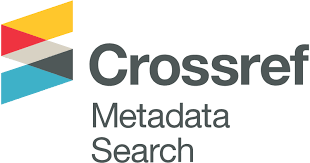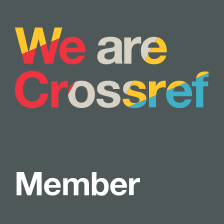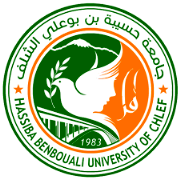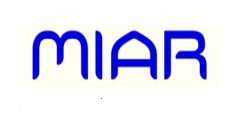Terminology and Translation: Moments of Reality
DOI:
https://doi.org/10.70204/jlt.v5i2.769Keywords:
languages, linguistics, translation, term, Rita KhaterAbstract
This study seeks to establish a reliable methodology for translating scientific and technical terms within Arabic linguistic sciences. It draws on principles rooted in the Arabic linguistic heritage, particularly from the terminological traditions of the Basra and Kufa schools, as well as from established terms in religious and linguistic sciences. The research adopts a historical-investigative method alongside a descriptive-analytical approach, focusing on the efforts of the Arab Organization for Translation—especially the terminological work of linguist Rita Khater. One of the key findings is that sound terminological translation should be grounded in heritage texts. Rita Khater's approach exemplifies this, as she avoids arbitrary innovation, opting instead for a methodology that connects modern usage with classical linguistic foundations. Her method, both theoretically grounded and practically applied, reflects the traditions of early grammarians, morphologists, and lexicographers. The study highlights that many terms adopted by the Arab Organization for Translation mirror Khater’s method, favoring authenticated, contextually rooted terminology over direct lexical borrowing. This approach strengthens Arabic's capacity to convey scientific and technical concepts with precision and authenticity. Additionally, the article critiques the use of improvisation in coining Arabic scientific terms, arguing that while improvisation may suit poetic contexts, it undermines terminological rigor. The study concludes by addressing the debate on linguistic preference—whether driven by religious or ethnic motivations—suggesting instead that true linguistic superiority lies in a language's capacity for lexical creativity. A civilization’s advancement, the study argues, depends not only on material inventions but also on its ability to produce meaningful scientific and artistic terminology.














